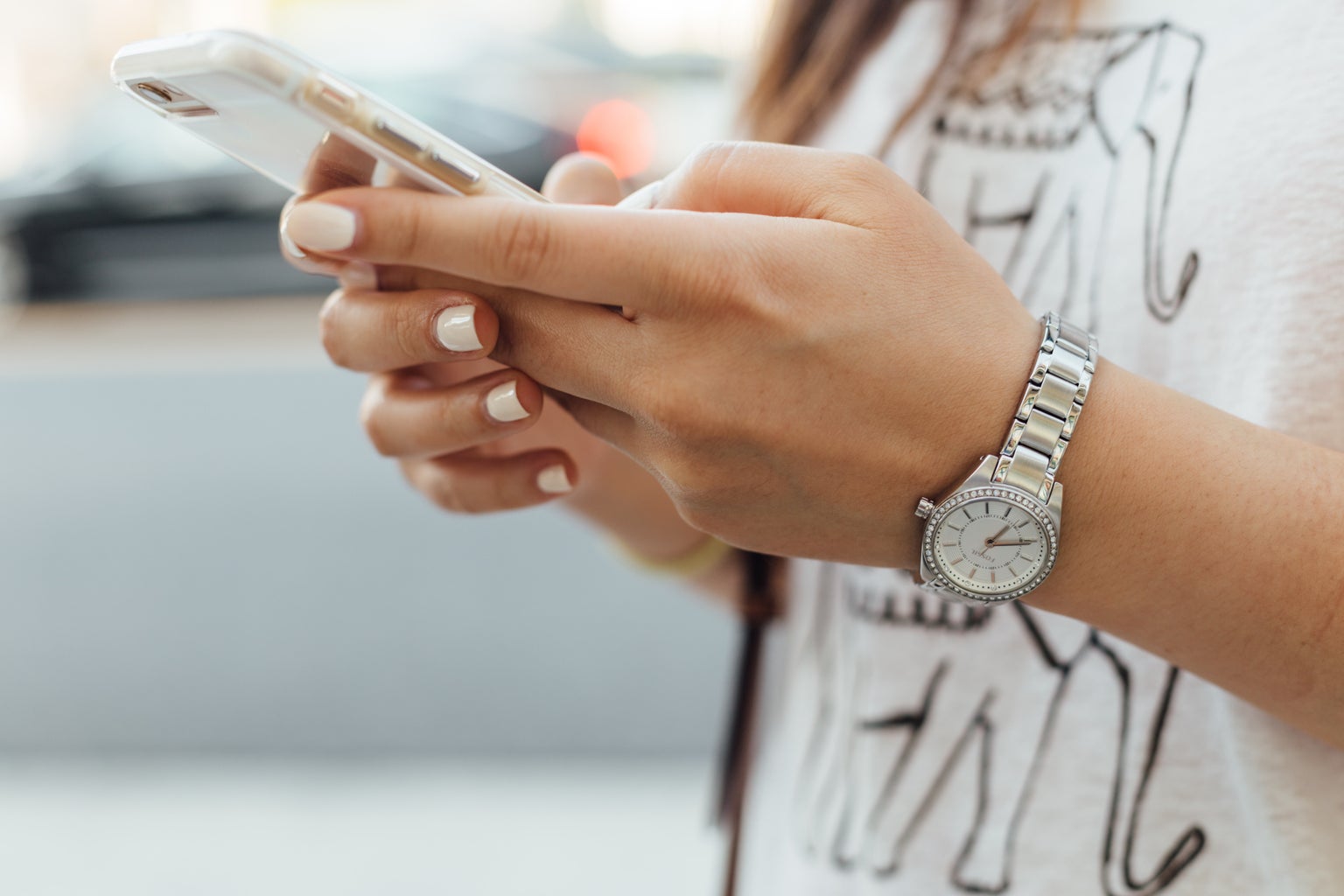Content warning: This article discusses weight, dieting, and eating disorders. While “What I Eat In A Day” TikToks might seem like the latest trend to come from social media, the idea of sharing one’s daily meal routine goes back years. From food critics to athletes and movie stars, the fact that there’s a market for sharing one’s diet is undeniable… and problematic. And while this type of video popping up on your FYP isn’t anything out of the ordinary, what you might not know is how “What I Eat In A Day” TikToks can impact your mental health.
You’ve probably seen “What I Eat In A Day” TikToks, whether a general POV, specific to someone plus-sized or diabetic, or even for college students. But just as any element of social media that promises a look into the daily lives of influencers (or people on their way to becoming influencers), there’s an inherent performativity in these “behind-the-scenes” posts. Even though they may feel like genuine and aspirational routines, healthy engagement with these kinds of posts requires vigilance and awareness of their fallacies.
To learn more about how these videos may impact your mental health, I spoke to Certified Addiction Specialist at Porch Light Health Steve Carleton, LCSW, and Clinical Director at Align Recovery Centers Elvis Rosales, LCSW, about how to navigate the inherently problematic “What I Eat In A Day” TikTok trend.
The “What I Eat In A Day” TikTok trend can cause more harm than good.
Both Carleton and Rosales noted the inspirational benefits that “What I Eat In A Day” TikToks can provide to those looking for dietary recommendations. “These videos can inspire a diverse audience by showcasing varied eating habits, promoting creativity in meal preparation, and sometimes offering nutritional information that encourages a balanced diet,” Rosales says. “They can serve as a platform for sharing recipes, and fostering a community of support for those looking to improve their dietary habits.”
But, there are drawbacks to “What I Eat In A Day” TikToks, and they far outweigh the pros. “Viewing these videos may trigger comparisons and feelings of inadequacy for some individuals if their eating habits don’t align with what is shown,” Carleton says. “This can lead to unhealthy behaviors such as restrictive eating or a negative body image.”
Similar to the “legging legs” trend, “What I Eat In A Day” TikToks cause viewers to become critical of their bodies and lifestyles. And these TikToks can not only cause viewers to think poorly about their bodies, but they can create a skewed perspective of their everyday lives as well. “These videos often present a highly curated perspective of eating that may not be nutritionally balanced or suitable for everyone, leading to unrealistic expectations and pressure to adhere to a particular diet or lifestyle,” Rosales says.
Rosales also added, “The trend can contribute to a comparison culture, where viewers compare their own eating habits and bodies to those of influencers, often without considering the differences in individual nutritional needs, lifestyle, and metabolic rates.”
Is there a way to engage in “What I Eat In A Day” TikToks healthily?
So, if one of these videos comes across your FYP, and you’re feeling a little curious, how can you engage in a way that is healthy and objective? “Educate yourself,” Carleton advised. “Before trying out a new diet or following someone’s eating habits on social media, do your research and educate yourself about the principles and potential risks involved. This can help you make informed decisions about your own diet.”
Both experts headlined a focus on balance, and if you’re interested in nutrition, consider following real experts, rather than influencers. “It’s important to follow professionals or credible sources that provide evidence-based dietary advice and to be critical of trends that promote extreme diets, quick fixes, or eliminate entire food groups without scientific justification,” Rosales says. “Viewers should be encouraged to listen to their bodies, recognize that everyone’s nutritional needs are unique, and understand that a single day’s meals don’t define overall health or well-being.”
Finally, engage in body positivity and empathy. Both experts urged seeking support from friends, family, trusted adults, hotlines, or healthcare professionals if you find yourself or a friend struggling with eating habits. If you find engaging with “What I Eat In A Day” TikToks or similar content to be triggering, flip the script and disengage. “If seeing certain diets or eating habits on social media triggers negative thoughts or behaviors, it may be beneficial to unfollow those accounts. Instead, follow accounts that promote body positivity and intuitive eating,” Carelton says.
If food or nutrition content causes you to feel negatively, and in a way that impacts your daily life, don’t be afraid to reach out for help. “Encourage open conversations about body image, self-esteem, and eating, and stress the importance of seeking support from trusted adults, healthcare professionals, or mental health experts,” Rosales says. “Resources such as hotlines, support groups, and educational materials can provide additional guidance and support.”
In short, engage with “What I Eat In A Day” TikToks with a healthy dose of skepticism and a grain of salt. Remember that health should be individualized, and while it’s great to get inspiration from social media, it’s important to remember to control your expectations and do what feels best for you, not what you’ve seen someone else do.
If you or someone you know has an eating disorder and needs help, call the National Eating Disorders Association helpline at 1-800-931-2237, text 741741, or chat online with a Helpline volunteer here.



